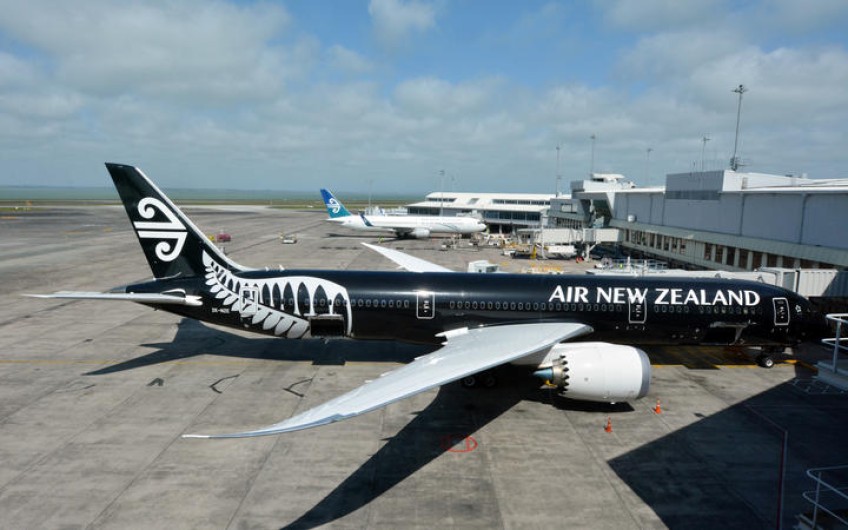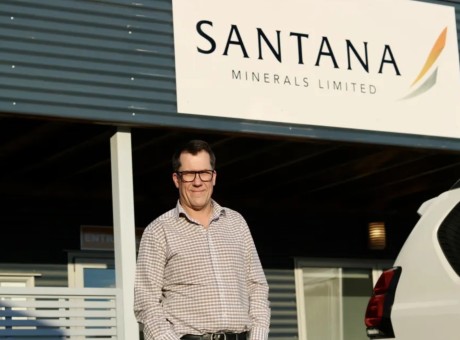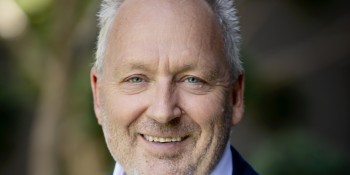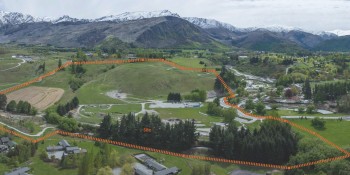New challenges for tourism industry as Omicron variant emerges

The tourism industry is grappling with the prospect of its new normal being years away with billions of dollars lost by then and many more hurdles ahead - including its latest, the new Covid variant Omicron.
Hundreds of industry leaders spent yesterday discussing their future during the virtual Tourism Summit Aotearoa.
Less than a week ago, the World Health Organisation didn't know about Omicron.
But already it has been on the minds of tourism leaders across Aotearoa.
Tourism Industry Aotearoa chief executive Chris Roberts said there was a lot they didn't know about the variant.
"It could radically change things. It might not even be in the conversation in a few weeks' time," he said.
"It just shows you how much uncertainty there is and so we obviously have to watch what the impact globally is of Omicron."
The industry was keeping an eye on health advice, he said.
Air New Zealand chief customer and sales officer Leanne Geraghty said they were watching how the situation unfolded.
Vaccine makers were already studying the variant, she said.
"And from what we understand it will take at least two weeks for them to understand whether or not a new vaccine should be required and if that's the case to take those into production and shipping, we're looking at a further 100 days."
Air New Zealand should be well placed to navigate Omicron given the current border restrictions, she said.
"From our perspective, we expect to see our domestic network still operating in a very strong way across the coming months.
"But as I said again, it's a wait and see."
Tourism Minister Stuart Nash said the border reopening timeframe remained on track with no changes.
"Obviously it is a moving feast continually and the more we learn, the more we know about Omicron, the better we will be able to plan for it so at this point in time, there's no change.
"But that doesn't mean there won't be as we get more information."
Roberts was hoping that the seven day isolation requirement for travellers would be removed as soon as it was safe.
"It's pretty hard for us to imagine what sort of leisure or holiday visitors are going to come to New Zealand and spend the first seven days locked up."
Many countries only required 24 to 48 hours isolation for incoming travellers with a test on arrival, he said.
Nash acknowledged that it was not ideal and he wasn't ruling out changes.
But he said the focus was on helping up to 100,000 New Zealanders get home first.
"It's gonna take tourists with a slightly higher ... appetite for risk who are going to come over here, want to come here and then spend seven days in isolation. I do understand that.
"But this is a gain. It's about protecting the health and wellbeing of New Zealand citizens. But you know it won't be forever, so we'll just see how we play out and we'll see how returning Kiwis go.
"We'll make decisions based on what we see."





















